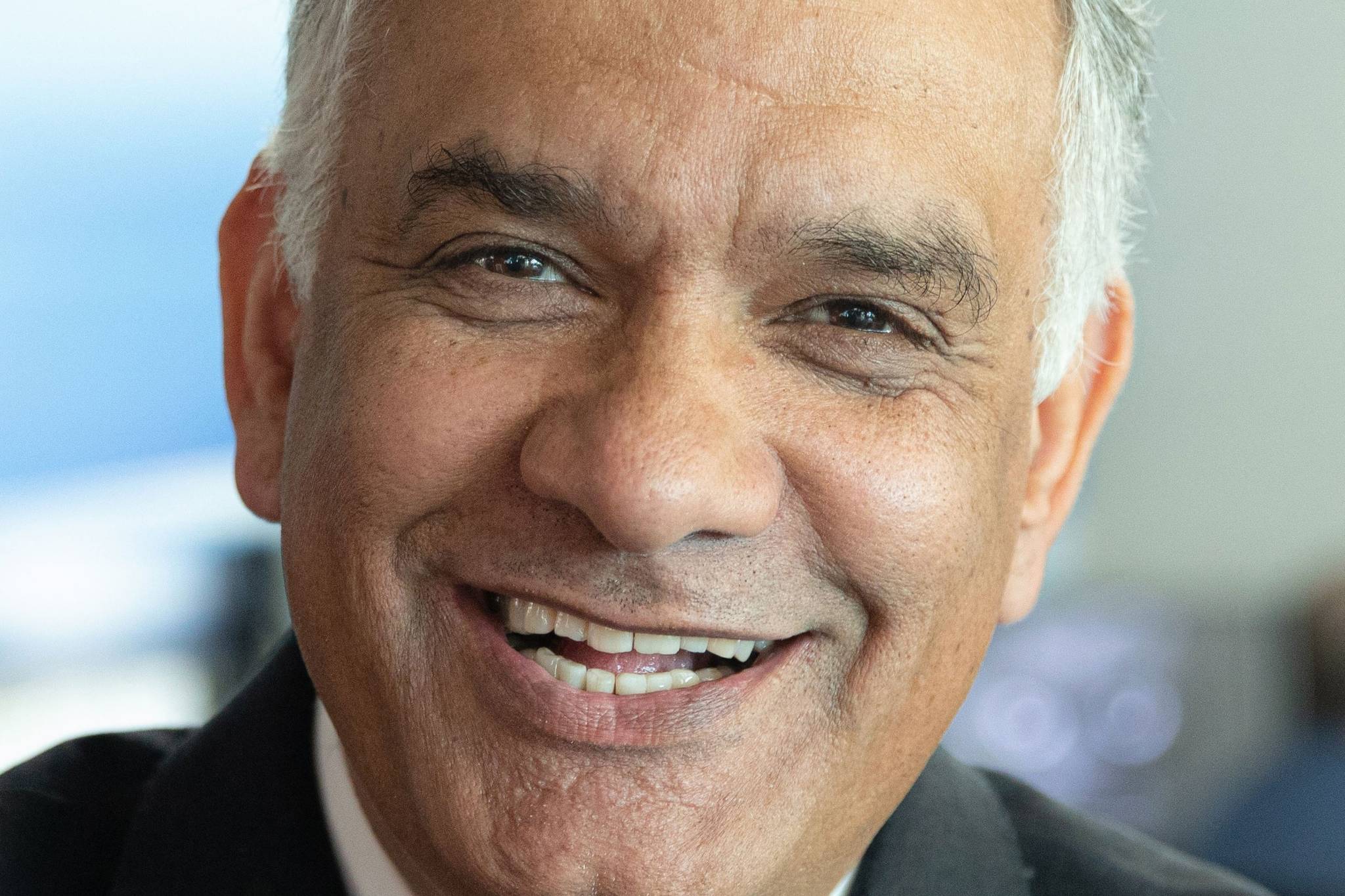Is it over yet? COVID, that is?
When will things get back to normal, we wonder. Isn’t it what we all want?
It’s not what I want.
In fact, “getting back to normal” might be the worst thing that could happen for our nation’s oldest and most vulnerable population. COVID-19 laid bare the tragedy of the way our nation warehouses older adults in long-term care facilities, thanks to public policy biased in favor of institutional care. I was horrified by the reality of this “system” when I met my future father-in-law, Bill, in a nursing home two decades ago, and I’m horrified by it now.
How could the richest country in the world treat its elders this way? I asked myself at the time.
Why on earth would we want to return to a system that treats people so horribly? I ask myself now.
We can’t go back.
Getting back to normal means returning to the same dysfunctional status quo. Millions of families of all income levels grapple with elder care challenges every day with little support or guidance to help them find the resources they need.
Getting back to normal means doing nothing about the embarrassing fact that elder care in America is a hodgepodge, a patchwork, a house of cards. COVID simply showed us what was already there.
If we want to create a new normal, where do we go from here?
For one, we can fix the “system.” The pandemic has put the spotlight on concerns that advocates, experts, workers, patients, family caregivers, and I have long voiced about the medicalization of aging and its preference for institutional care. The time is right to reconsider how our nation can better care for people outside those settings. There won’t be any quick answers, which leads me to my second suggestion.
If the system is broken, we need to find a way to stay out of the system. This demands an overhaul in the way we think about planning for our own old age. We must take control of our lives and our futures in a far more proactive way, and that means more than just a retirement plan and an estate plan. It requires a master plan that addresses health, housing, financial, legal, and family issues. This is the kind of planning I teach my clients to do.
I hope our nation’s so-called system of caring for older adult finds a healthy new normal sometime soon. I won’t be holding my breath. In the meantime, start working on your master plan for old age. It’s the only hope you have of sidestepping a system that will leave you with a “normal” you don’t want, one where you’re broke, a burden on your family, and living in an institution.
Rajiv Nagaich is an elder law attorney, author, adjunct law school professor, and retirement planning visionary who has achieved national recognition for his cutting-edge work with retirees and his contributions to the practice of elder law. He is the founder of two firms based in Federal Way: Life Point Law, an elder law and estate planning firm, and AgingOptions, a firm that provides retirement-related education to consumers and professionals. For more information, visit AgingOptions.com, LifePointLaw.com or call 877-762-4464.



